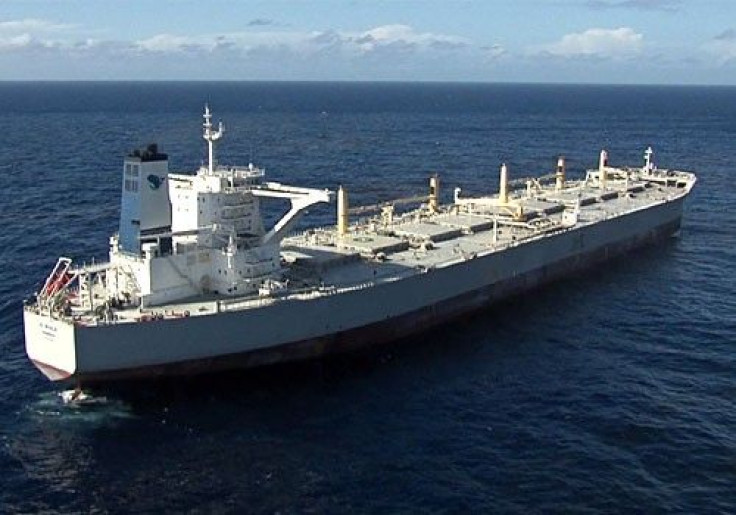What Experts Are Looking For Before Investing In Mexican Energy

Mexico’s proposed legislation to end their state oil monopoly and open the energy sector to private participants may boost oil- and gas-driven transactions in the capital markets, but there are key factors investors should consider, Fitch Ratings said Friday.
The reform aims to transform Mexico’s notoriously corrupt and inefficient energy sector, which has stabilized production at 2.5 million barrels of oil per day as of June 2013, far below peak production in 2004 of 3.4 million barrels of oil per day. Under current law that bans foreign investment in the oil industry, huge tax burdens and the state-run Pemex’s lack of technology and expertise have limited the country’s production.
Before Fitch will advise investment in oil vessel-backed financings in Mexico, they want to see strong structural features, charter agreements with limited termination clauses, operators with relevant experience and sound financial metrics. They also want the Mexican government to prove its commitment to developing their oil and gas industry through capital expenditure and overall investment to finance assets strategic to Pemex’s exploration and production.
Drilling rigs have traditionally been financed through the syndicated bank loan market, but in recent years, constrained bank balance sheets and a growing supply of newly built vessels have pushed sponsors to tap capital markets for financing.
Mexico is one the 10 largest oil-producers in the world and the third-largest producer in the Western Hemisphere.
© Copyright IBTimes 2024. All rights reserved.












